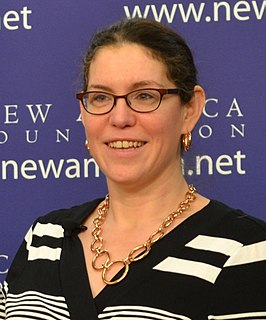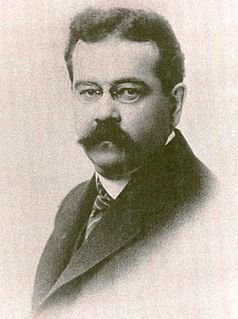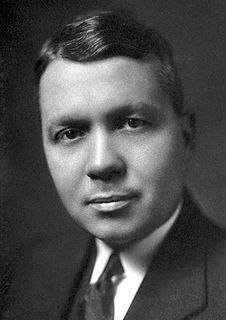A Quote by Piet Mondrian
The clarification of equilibrium through plastic art is of great importance for humanity. It reveals that although human life in time is doomed to disequilibrium, notwithstanding this, it is based on equilibrium. It demonstrates that equilibrium can become more and more living in us.
Related Quotes
It had been held that the economic system, any capitalist system, found its equilibrium at full employment. Left to itself, it was thus that it came to rest. Idle men and idle plant were an aberration, a wholly temporary failing. Keynes showed that the modern economy could as well find its equilibrium with continuing, serious unemployment. Its perfectly normal tendency was to what economists have since come to call an underemployment equilibrium.







































